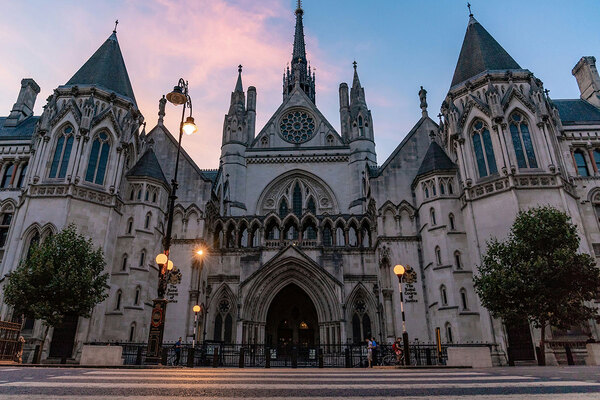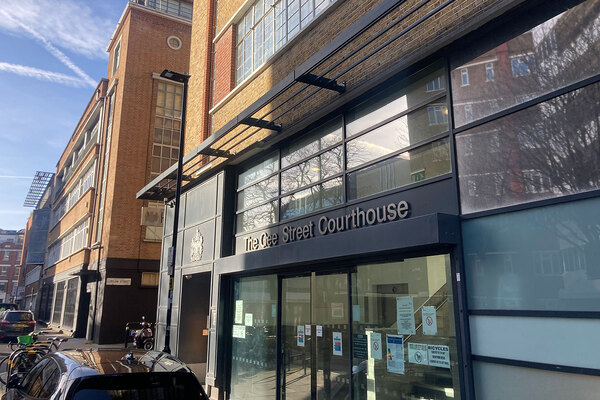You are viewing 1 of your 1 free articles
The latest deregulation measures in England – what do they mean?
The government last Friday laid regulations before parliament which will reduce the influence of councils over some housing associations. Ian Davis, partner at Trowers & Hamlins, explains what this means in practice.
On Friday 15 September the snappily titled ’The Regulation of Social Housing (Influence of Local Authorities) (England) Regulations 2017’ were laid before Parliament.
Eagerly anticipated by both registered providers and relevant local authorities since deregulation provisions were first inserted into the Housing and Planning Bill (now the Housing and Planning Act 2016), the regulations provide clarity as to what constitutional relationships between providers and local authorities are permissible in the future and offer a clear timetable for implementation.
Because of the parliamentary recess for the conference season we are not certain of the timetable for the regulations to be brought into force. They are following the ’positive’ mechanism which usually takes between two and eight weeks and so it is likely that they will come into effect sometime between late October and the end of November.
As with the removal of the regulator’s consent powers for land transactions, constitutional amendments and mergers, the changes brought in by the regulations are designed to enable the Office for National Statistics (ONS) to reverse its decision in October 2015 to classify RPs to the public sector for national accounting purposes as Public Non-Financial Corporations.
“The removal of local authority voting rights is mostly an issue that affects LSVTs”
The regulations remove local authority voting rights at general meetings and any rights of veto over RP constitutional changes, whether in the rules or elsewhere.
They also reduce the proportion of places on a board that a local authority can fill to a cap of 24% with some related consequential provisions.
This is mostly an issue that affects large scale voluntary transfer (LSVT) or estate transfer RPs where it was common for the sponsoring local authority to have a direct stake in the RP, often with one third of the voting rights at general meetings and rights to appoint up to one third of the board.
Typically, at the point of transfer there were both constitutional and contractual provisions giving the local authority power to veto constitutional changes relating to the composition of the board. In many cases this would also provide a power of veto over RP mergers or group restructures.
Implementation
There is a six month period during which RPs must amend their constitutions to comply with the regulations. At the end of that period, if the constitution is unchanged the local authority’s voting rights are apportioned pro rata to the other shareholders/members of the RP.
If the local authority and the individual council appointees to the board have not taken action to reduce the number of appointees by the end of this period, the other board members can select the appointees to stand down to achieve compliance with the 24% maximum.
“There is a six month period during which RPs must amend their constitutions to comply with the regulations.”
In practice, many RPs have already (with consent of the relevant local authority) amended their governance arrangements.
For those that have not, we expect that they will work with the relevant local authorities to undertake changes, rather than rely upon the default provisions that apply at the end of that six month period, but the effect of not reaching an agreement is likely to affect the nature of the discussions.
Exemptions
Local authority controlled non-profit RPs such as relevant arm’s length management organisations or their subsidiaries are exempted from the regulations, so the council can retain both voting rights and board appointments.
This is a sensible recognition that in ONS classification terms these are ’controlled’ and should be accounted for as public bodies irrespective of their RP status.
There is no similar exemption for local authority participation in for profit RPs. This will influence decisions on joint ventures between local authorities and others where the SPV proposed is to be a RP.
Other implications
ONS classification to the public sector has had little practical impact on RPs, but a significant impact on governmental accounts.
RPs will not be counting their chickens yet, but the fact that they will be expected to meet the tests for classification to the private sector before the autumn budget, may make it easier for social housing to be treated more generously.
Scotland, Wales and Northern Ireland
Deregulation provisions have been announced for the devolved jurisdictions, but not yet brought into force. We expect that the English Regulations referred to above, will have a significant influence on the deregulation measures adopted throughout the rest of the UK and will have a significant impact on relationships between housing providers and local authorities.
Ian Davis, partner, Trowers & Hamlins










